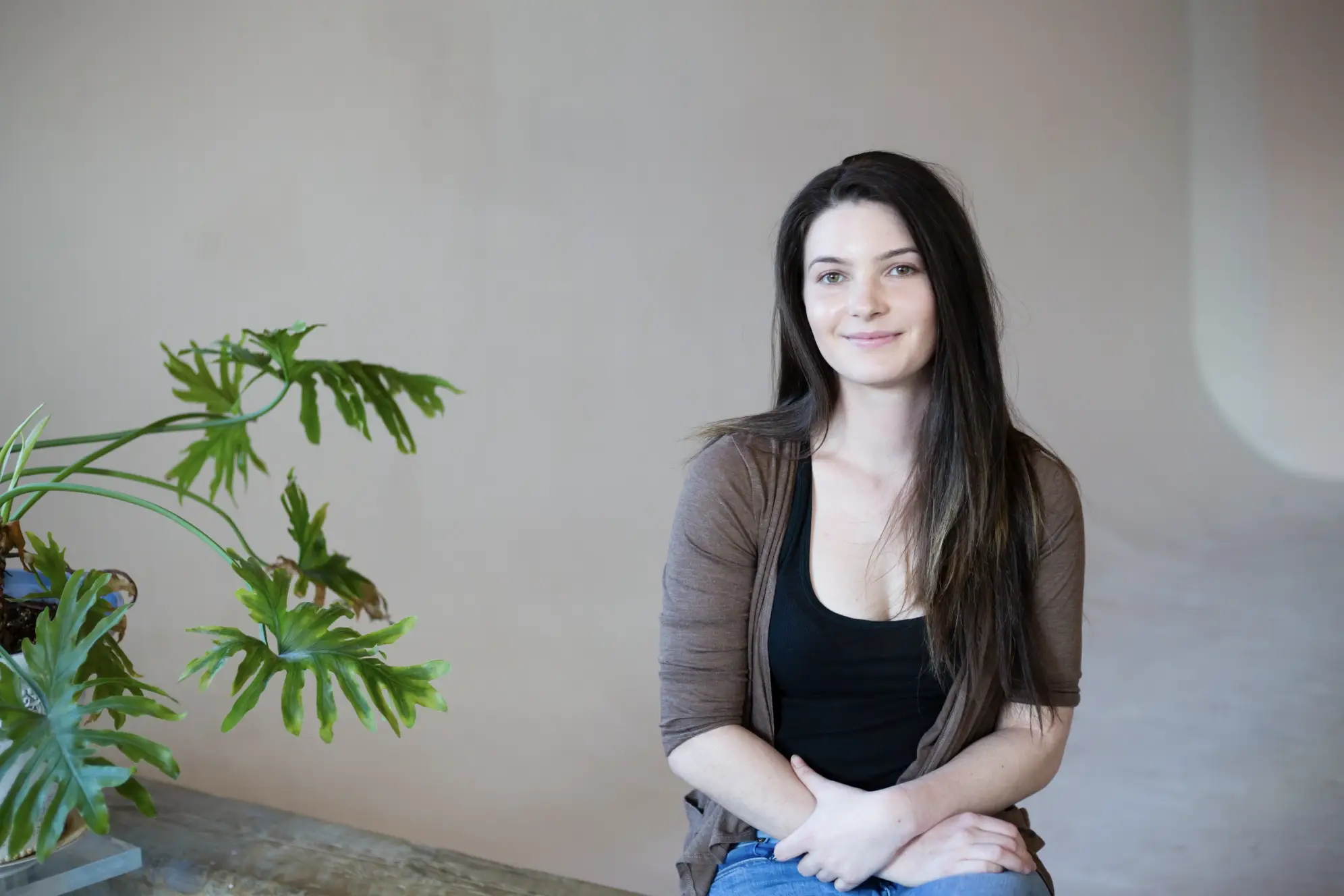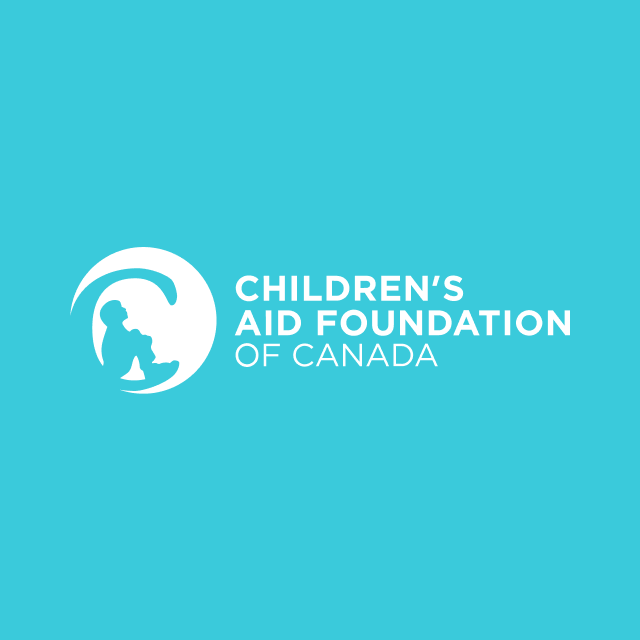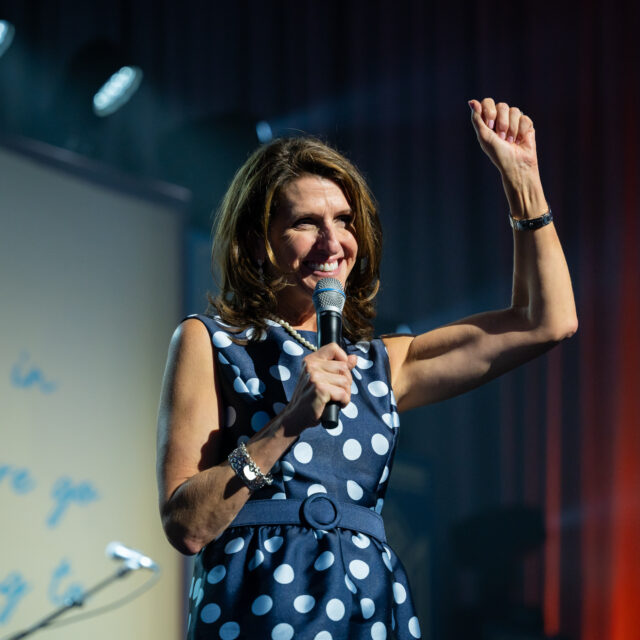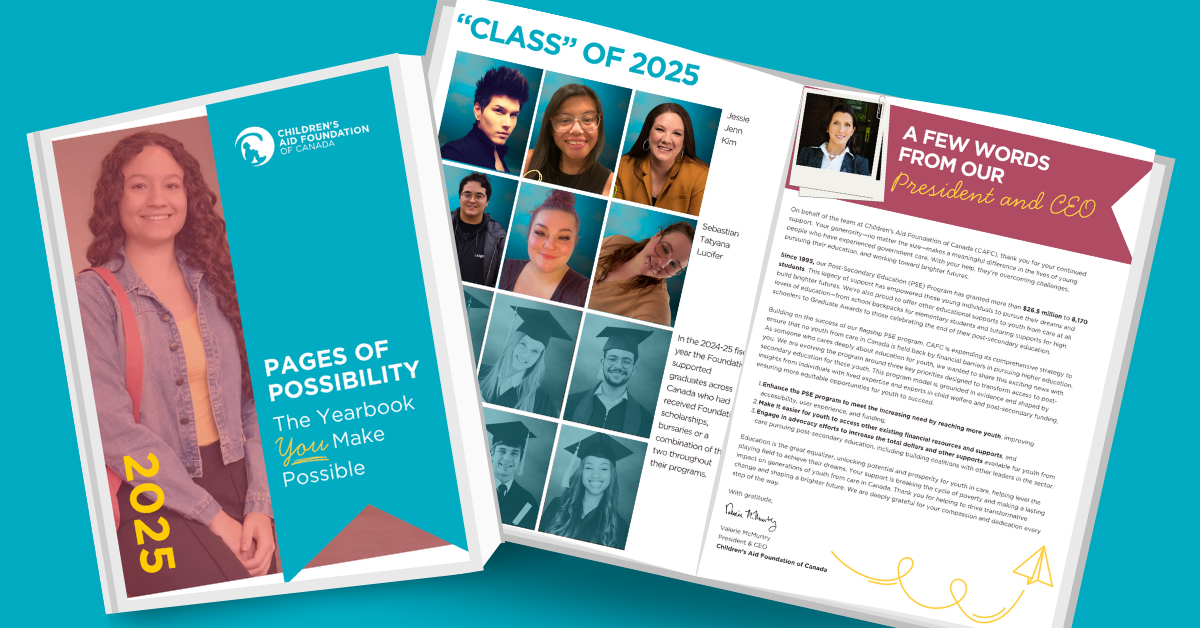VIVIAN, 21, is a recipient of Children’s Aid Foundation of Canada scholarship funding, a past student at the Pinball Clemon’s Ambassador School Program, and currently enrolled at Centennial College. Entering foster care as an infant due to neglect, she returned to her parents’ care before permanently entering care at 14. She first moved into a group home before meeting her foster mother, where she found a stable, loving home environment in which VIVIAN finally felt safe. Although she moved to independent living at 18, she still keeps in close contact with her foster mother, and hopes to one day be able to support vulnerable kids in her community.
*The opinions and views expressed in this article are that of the youth in profile, and not necessarily reflective of the official opinion or position of Children’s Aid Foundation of Canada.
Finding yourself [while living in foster care] is really challenging. It’s vital to have influences who shape your view on life, and that was never really there with my parents. Trying to figure out who I was [was hard]. For awhile, I wouldn’t speak openly to my foster mom; I was just really closed and angry.
“I don’t remember entering foster care; I was an infant. My parents just couldn’t take care of my needs, things from changing diapers to providing food. [After I lived in my first foster placement], my parents were able to take me back, and when I was about 14, I entered foster care again because I was being physically harmed. It was the best thing that ever happened to me. I [still] remember being about six years old, and praying that I would be in a better place. I was really lucky when I met my foster mother.”
“When I entered care at 14, I first entered a group home where I was the youngest. Everyone else was very rebellious, and some people would sneak off to parties, and I was this little kid sneaking off with them. After that, I moved in with my foster mom, Sandra, and that’s when I really found out what the meaning of home is. I lived with her until I aged out of care. I still go back there for holidays.”
“Finding yourself [while living in foster care] is really challenging. It’s vital to have influences who shape your view on life, and that was never really there with my parents. Trying to figure out who I was [was hard]. For awhile, I wouldn’t speak openly to my foster mom; I was just really closed and angry. Eventually, you open yourself up, and you can allow others to guide and shape you.”
“My transition out of care was frightening. The time leading up to leaving care was really anxious, because you’re building up all of these thoughts like, ‘what if I don’t have enough money’? There are so many ‘what if’s’ involved. A support system is really necessary for youth from care. You need at least one person to be there for you, saying ‘you’ve got this’. And, I had that with my foster mom and my mentor, Anayah. I feel like it’s tougher for youth who don’t have a mentor; you don’t know who you can talk to. You have to find someone you can trust; there’s always people out there, somewhere.”
“When I was in high school, I was very embarrassed to admit I was in care. I think lots of [youth from care] are. I was very irrational; I was very young, and I thought I would be judged by people’s parents, not necessarily my peers. Like, if I went over to my friends’ homes, and their parents found out I was in foster care, they’d automatically assume I was a bad kid. I feel like living in care makes life more real for you. I’ve realized that my identity is not one thing; it’s a million different things. I have this whole new understanding of the world. My foster mom is from the West Indies, my foster sister is Latina; there are so many worlds that opened [because of my time in care]. I don’t feel like I’m one thing. In that way, foster care shaped me for the better.”
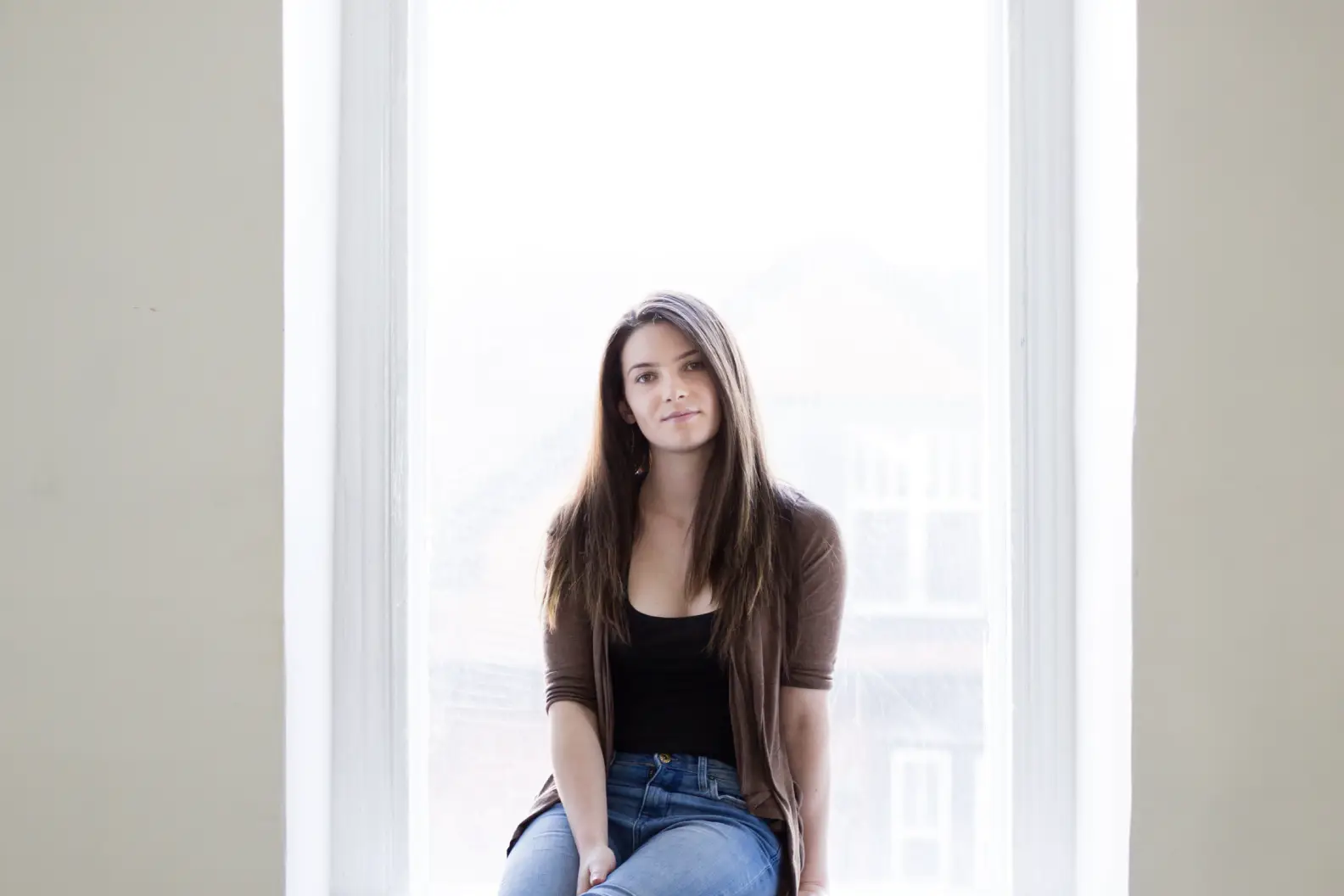
“The Pinball Clemon’s Ambassador School Program is so awesome. Geoff [one of the youth leaders] is like a peer who is helping you along the way. Another thing is meals. When you walk into the house and want breakfast because you haven’t eaten yet, you can go to the fridge and make your own meal. It teaches you how to develop basic skills, like cooking and budgeting skills. There are so many options. It helps youth who are in care or previously in care get the credits they need to graduate high school.”
“The Program definitely helps students to succeed; you have a variety of people coming different places in their lives. We had Friday meetings, and I’m a person who doesn’t talk to people unless they talk to me first. So, you’re in this room, and you’re engaging with others and sitting in a circle, and you feel this warmth. Even if someone is upset about something, you feel their humanity. You have your peer-mentor, Geoff, and you have all the people around you who want you to succeed. All students there help to lift each other up.”
“Right now, I work part-time at a landscaping company, and I’m going to be a production assistant at a radio station. I’m currently enrolled in Centennial’s Film, Journalism, and Media Program; it’s a very extensive three-year program. I really want to produce and create meaningful content.”
“For a period, I wasn’t working and was quite scared [about financial security and paying rent]. I was able to get Foundation funding to take a security course, and that meant the world to me because that could’ve changed my non-employment situation. The fact that it was there when I asked for it was amazing. And, I’ve received scholarship support from the Foundation for my program at Centennial.”
“When I’m completely financially stable I’ll give as much as I can back [to kids in need]. Everyone should feel like a youth without a home is their responsibility; it’s the next generation. There’s only one way it can go if you don’t help. Money and emotional help are very critical.”
Support young people like VIVIAN in achieving their full potential.
